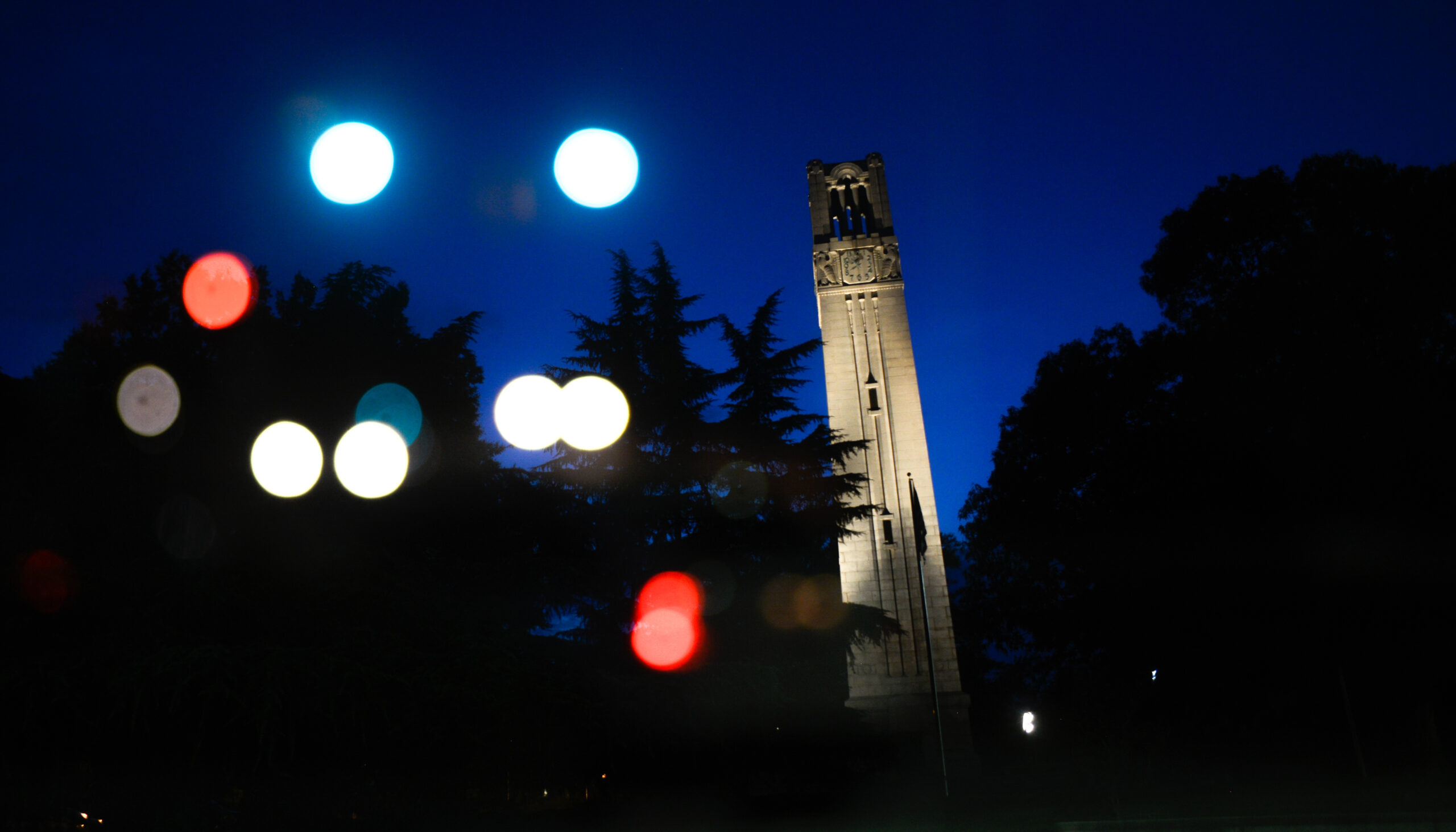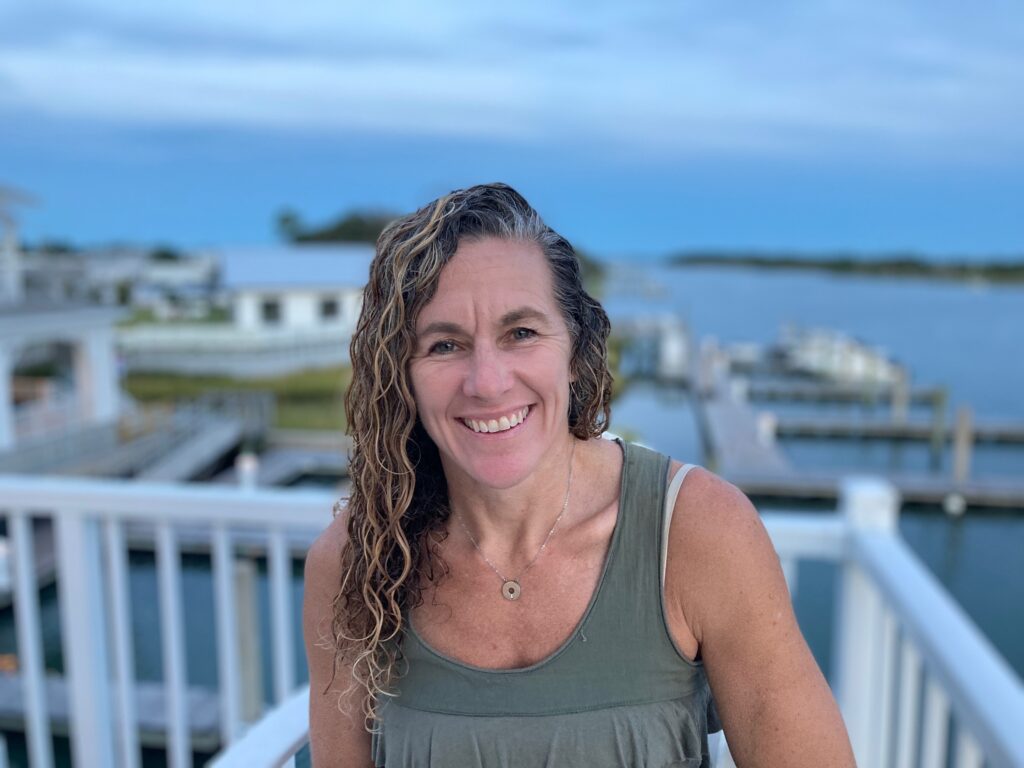Amanda Edwards Accepted into Duke University’s Prestigious Summer Seminar on Teaching Civil Discourse

Amanda Edwards, an esteemed associate teaching professor in the School of Public and International Affairs and the director of the Master of Arts in Liberal Studies (MALS) program at North Carolina State University, has been accepted into “Teaching Civil Discourse in the Classroom, a Summer Seminar for Faculty,” hosted by Duke University’s Civil Discourse Project. This prestigious seminar aims to enhance the skills of faculty members in fostering civil discourse and intellectual diversity within the classroom.

The Civil Discourse Project (CDP) at Duke University is dedicated to promoting open discussions on pressing ethical and political questions. Through courses, lectures, and seminars, the CDP seeks to create an environment where diverse perspectives can be shared and debated in a respectful and productive manner. The summer seminar, made possible by a generous grant from The Arthur Vining Davis Foundations, will gather faculty from various institutions to learn best practices for encouraging civil discussion over sensitive topics.
Edwards has long been committed to fostering inclusive and open classroom environments, where students feel comfortable sharing their views, particularly on contentious political issues. Her participation in the seminar is driven by her desire to further develop these skills and apply them in her own teaching. She plans to design a new graduate course for the MALS program, modeled after Duke’s own “How to Think in an Age of Political Polarization” (HTAPP) course, which emphasizes the importance of productive disagreement and civil discourse.
In her application letter, Edwards highlighted the increasing challenges of facilitating open dialogue in today’s politically polarized climate. She recounted her early experiences with student self-censorship and emphasized the necessity of creating a classroom environment where students can engage with differing viewpoints without fear. Her courses, which cover topics such as gender and politics, race and justice, and public policy, often involve discussions on divisive issues, making the need for effective civil discourse strategies even more critical.
Edwards’s acceptance into the seminar is a testament to her dedication to academic excellence and her commitment to fostering a democratic, open exchange of ideas in higher education. By participating in this seminar, she aims to not only enhance her own teaching methods but also to contribute to the broader mission of higher education in developing discerning and engaged citizens.
The seminar will be held at Duke University’s JB Duke Hotel, offering a conducive environment for learning and collaboration among faculty members from diverse backgrounds. Edwards’s involvement in this initiative underscores the importance of civil discourse in academia and its role in shaping informed and thoughtful citizens.
- Categories:

